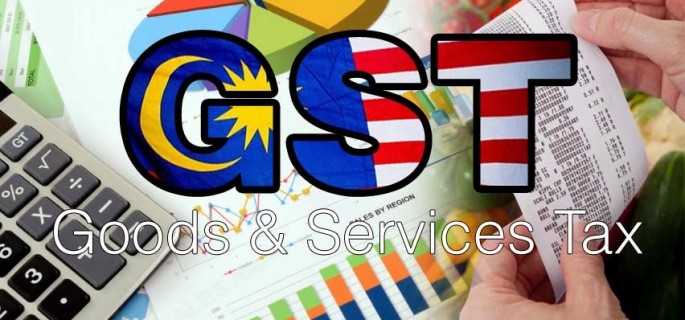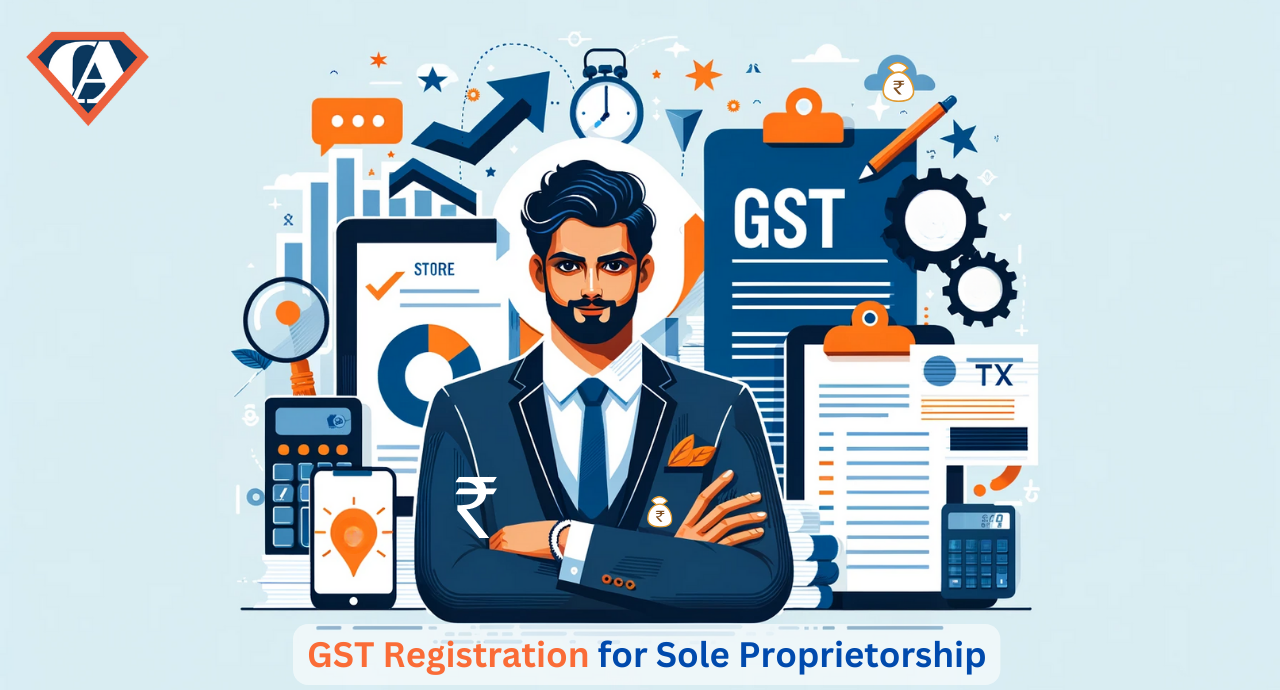Stay Clear Of Common Errors in Singapore GST Registration for Your Business
Stay Clear Of Common Errors in Singapore GST Registration for Your Business
Blog Article
The Ultimate Guide to Simplifying the GST Registration Process and Needs for Small Company Owners

Understanding GST Essentials
To understand the principles of the Item and Services Tax (GST) system, small company owners have to initially understand its underlying concepts and effects. Under the GST regimen, businesses are required to accumulate and sign up tax on behalf of the federal government, guaranteeing transparency and conformity.
One of the crucial concepts of GST is input tax credit score, which enables companies to declare credit rating for tax obligations paid on their purchases. This device prevents the plunging effect of tax obligations and advertises effectiveness in the tax obligation system. Additionally, GST is a destination-based tax obligation, meaning that the tax is levied at the factor of consumption instead of the factor of beginning. This guarantees fair circulation of tax revenue amongst states based upon where the products or services are taken in. Recognizing these basic concepts is vital for little company owners to navigate the complexities of the GST system and make certain conformity with the regulation.
Qualification Criteria for Registration
Having established a foundational understanding of GST concepts, local business proprietors must currently satisfy particular eligibility standards to wage the registration process. In India, entities participated in the supply of items or solutions with an annual accumulation turnover surpassing Rs. 40 lakhs (Rs. 10 lakhs for unique group states) are called for to sign up for GST. Additionally, specific companies such as those involved in inter-state supply of items, casual taxable individuals, and those required to pay tax under the reverse charge system must register for GST regardless of their turnover. Moreover, companies that were registered under the previous tax obligation regime (BARREL, service tax, and so on) are likewise mandated to sign up under GST. Farming organizations that only supply create out of main manufacturing are excluded from GST enrollment. It is vital for company owner to carefully examine their qualification based upon these standards to ensure compliance with the legislation and avoid any charges for non-compliance.
Files Needed for GST Registration

Simplified Registration Process Actions
Adhering to the collection and verification of the requisite papers, the registration process for GST can be browsed through a series of streamlined steps made to help with reliable conformity for small organization owners. Upon effective confirmation, an Application Referral Number (ARN) is issued, suggesting the conclusion of the GST registration procedure. By complying with these simplified steps, little service proprietors can effectively register for GST and ensure compliance with tax obligation regulations.
Tips for Ensuring Compliance
To maintain governing adherence and functional stability, thorough oversight and positive steps are pivotal in ensuring conformity with GST needs for small service owners. Small service owners must remain upgraded with GST policies, submitting due dates, and any kind of modifications in tax prices to stay clear of penalties and preserve an excellent standing with tax authorities. Participating in GST recognition workshops or training programs can enhance understanding and compliance with GST regulations, ultimately benefiting the company in the long run.
Final Thought
To conclude, local business owners need to recognize the fundamentals of GST, meet the eligibility standards, collect necessary files, and comply with the simplified enrollment procedure steps to make certain compliance. By streamlining the GST enrollment procedure and needs, small company owners can stay clear of fines and operate their businesses smoothly within the legal framework - Singapore GST Registration. It is essential for small company owners to stay certified and enlightened with GST guidelines to maintain a successful company procedure
Tiny service owners seeking GST enrollment need to guarantee they gather and send the essential papers to complete the enrollment procedure efficiently. The files required for GST registration usually consist of proof of business enrollment or incorporation, FRYING PAN (Permanent Account Number) card of the try this website organization identification, entity and address evidence of the promoters/partners/directors, pictures, address proof of the area of business, bank account declarations or terminated cheques, and authorization forms. Participating in GST understanding workshops or training programs can enhance understanding and compliance with GST laws, eventually profiting the organization in the long run.
By streamlining the GST enrollment procedure and needs, small company proprietors can prevent charges and run their services smoothly within the Discover More legal framework. It is crucial for small business owners to stay compliant and educated with GST laws to maintain a successful business operation.
Report this page